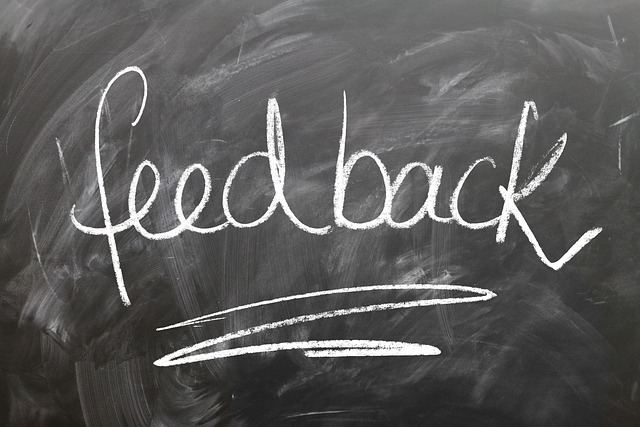
The Power of Honest Feedback in Relationships: Effective Communication for Stronger Bonds
The Importance of Honest Feedback in Relationships
In the complex tapestry of human relationships, whether they be romantic, familial, or friendships, the threads of communication are what keep them intertwined. One of the most vital components of effective communication is the concept of honest feedback. It’s not just about saying what feels good; it’s about conveying the truth with compassion and respect. This practice can fortify the bonds we share with our loved ones.
Understanding Honest Feedback
Imagine having a conversation where both parties feel safe to express their thoughts and feelings without fear of judgment. That’s the essence of honest feedback—creating a space where vulnerability thrives. This transparency is crucial, as it allows individuals to voice their concerns and share their perspectives, fostering a deeper understanding of one another.
The Role of Honest Feedback in Strengthening Bonds
Every relationship goes through challenges, and how we address these challenges can either strengthen or weaken our connections. When partners engage in open dialogue, it lays a foundation of trust. Honest feedback allows for the necessary discussions about boundaries, expectations, and feelings. Without this clarity, misunderstandings can build into resentment, ultimately fraying the ties that connect us.
Embracing the Challenge
Providing honest feedback can feel daunting, especially if it involves critiquing a loved one’s behavior or expressing dissatisfaction. However, approaching these conversations with empathy can transform discomfort into growth. Frame feedback around your feelings using “I” statements. For instance, instead of saying, “You never listen to me,” try, “I feel unheard when my thoughts aren’t acknowledged.” This approach minimizes defensiveness and promotes open dialogue.
The Art of Receiving Feedback
Just as giving feedback is crucial, so is accepting it gracefully. Receiving honest feedback can be tough, as it may prompt us to confront our shortcomings. Nevertheless, viewing feedback as an opportunity for personal growth rather than an attack can shift our perspective. Respond with gratitude, ask clarifying questions, and be willing to reflect on the insights provided. This practice not only enhances your communication skills but also strengthens your relationship as both parties learn to navigate challenges constructively.
Practical Tips for Honest Feedback
- Be Timely: Address issues while they are fresh but choose the right moment to ensure openness.
- Stay Objective: Focus on specific behaviors instead of character judgments, ensuring the critique is constructive.
- Express Appreciation: Acknowledge the positive aspects of your relationship, creating a balanced approach to feedback.
- Follow Up: Check in after difficult conversations to show you care about the other person’s feelings and progress.
By integrating honest feedback into your communication practices, you cultivate an environment where both parties feel valued and understood. This proactive approach to relationship-building fosters resilience, making it easier to navigate the storms that inevitably arise in any partnership. Let honesty guide your conversations and watch as your relationships flourish.


